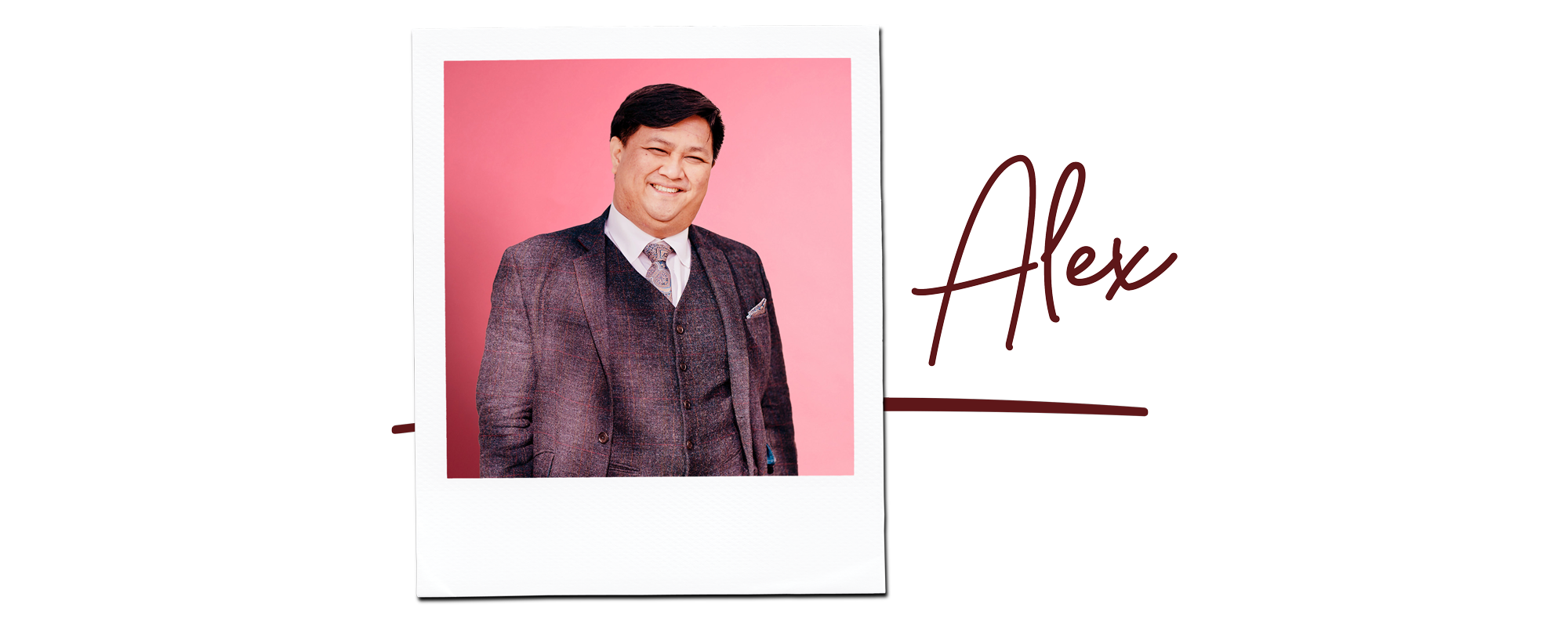Dr Alex’s perspective: Getting out of our own shells: the value of co-design and research
You may not always be aware of it, but creatives live in a strange bubble. With your training, you often see the world in a different light and perspective from the rest of us non-creative types. You often see things the rest of us don’t pick up on. That’s a big part of why we’re impressed by you and come to you for help.
Trust me, I know. I’m not a creative, but I’m married to a creative and work in a creative studio with my sister-in-law, who is also a creative. In my day-to-day, I’m surrounded by you people. Personally, I’ve never been able to colour within the lines (not that I’ve always wanted to), and I honestly struggle to draw or cut straight lines. DIY is a living nightmare for me, so I appreciate someone with a creative eye to sort it.
It makes sense though, that creatives have a knack for what others don’t. The honing of your creative craft over many years inherently includes learning to see the world, to spot patterns, use language and think in a particular way to the point that it becomes second nature and you become unaware of it.
As a trained social scientist, I know this from my own observations about my family, through my own version of experience training as a researcher during my PhD, and theoretically as an anthropologist who studies culture. Mastering a skill often involves adopting a perspective and disposition that we often take for granted.
Let’s work together!
Image: Abigail and Devon from Buttercrumble, facilitating a workshop for Wakefield Council.
Your strength can be your blind spot
The danger for creatives is that the people you design for don’t necessarily have that perspective to see things the way you do. What’s important to them isn’t necessarily what’s important to you as a designer. Your strength can actually be a weakness when it comes to solving your audience’s problems.
As designers, you may not always be aware of how your audiences use and interact with what you produce. There’s a real risk of a mismatch in what’s important, and you might have some significant blind spots you’re not aware of, leading you to make some faulty assumptions about your users’ priorities.
You might create the most aesthetically stunning visuals, but they might not actually be that useful to audiences, or even worse, fail to address the real problem you were commissioned to solve.
Partnering with researchers to expand your understanding
Diversity of experiences and perspectives is vital precisely because we all have our blind spots. That’s why it’s important for designers to actually engage their audiences and users to get a better understanding of what’s important to them, how they use what you design and how they see and interpret what you create.
At a minimum, designers should ask their clients how their end users will use their design. You could even build on that by running your own focus groups to better understand your audiences’ needs and pain points.
However, the gold standard when time and budget allow would be to partner with a trained researcher to run co-design sessions where you can ask end users about their problems, pain points, needs and challenges. A trained researcher will not only know what questions to ask, but how to iterate the conversation in real time and how to get people to open up and speak freely and candidly about their experiences and opinions.
Great co-design sessions aren’t just going around the room, one-by-one, they’re about getting people to open up in a free-flowing conversation to show you what you didn’t necessarily know or anticipate, or even what they think, feel and do subconsciously. And that’s a unique and valuable skillset in and of itself, just like your creative brilliance.
Get in touch for more on co-design
I joined Buttercrumble as our Discovery Consultant to help deepen and broaden how we support our clients in co-design and would be more than happy to speak with you about how we can support you with great research and foundations for your next design project.
About Dr Alex
Dr Alex Gapud is a trained anthropologist who supports the team with research and specialised consultancy. Alex completed a PhD in Social/Cultural Anthropology and was a Teaching Fellow at the University of Edinburgh. Since leaving academia, he’s worked as an organisational and communications consultant for some of UK’s leading brands and prestigious global businesses, specialising in organisational culture and helping leaders and managers effectively understand and communicate with their employee audiences.
At Buttercrumble, he wears two main hats, supporting our design partners with research and co-design and helping fellow researchers and academics accessibly and creatively communicate their research to wider audiences and stakeholders.


